Humanities
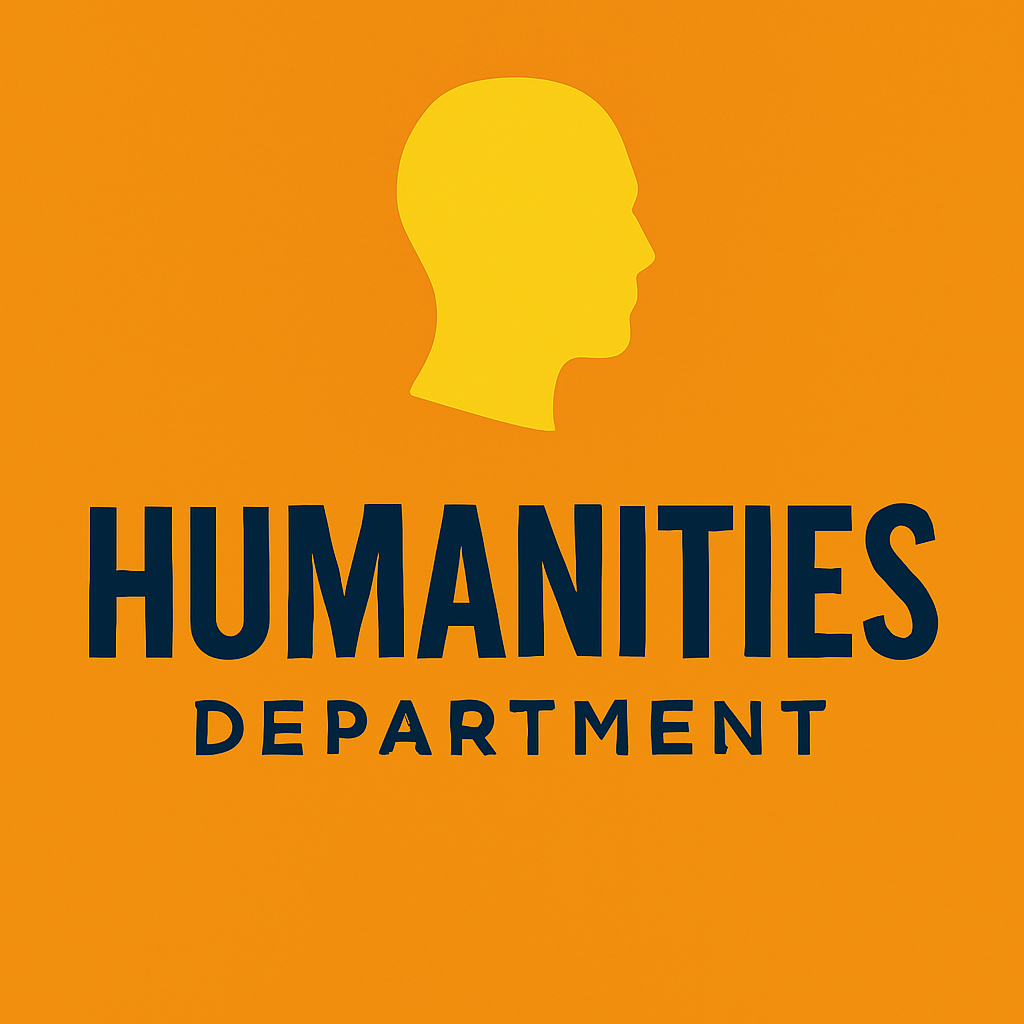
Our Teachers
|
Head of Department: |
Mrs Nalini Ram |
|---|---|
|
Mr Mohamed Nazar (ST Social Studies) |
Mrs Zane Tye (School Staff Developer) |
|
Ms Ang Kim Leng (SH Geography) |
Mr Mohamad Zulkefly |
|
Mr Tan Huong |
Mdm V Geetha |
|
Mrs Ng Kia Mien |
Mr Tan Wei Chung |
|
Ms Esther Tan |
Ms Seah Koon Lay |
|
Ms Vianne Tan Wei Yan |
|
Vision
To empower students to explore the complexities of the human experience by fostering critical thinking, empathy, and an appreciation for cultural diversity. We aim to equip students with the knowledge, skills, and values necessary to become informed, responsible, and compassionate global citizens.
Key Components:
-
Critical Thinking and Inquiry: Encouraging students to ask questions, analyze sources, and evaluate different perspectives to develop independent, evidence-based conclusions.
-
Cultural Awareness and Empathy: Promoting understanding of diverse cultures, societies, landscapes and historical contexts to build respect and empathy among students.
-
Ethical Citizenship: Fostering a sense of responsibility to engage in social issues and contribute to positive societal change.
-
Global Perspective: Helping students understand global challenges and how they relate to local contexts, preparing them for an interconnected world.
Mission
The Humanities Department is dedicated to empowering students to explore the complexities of the human experience through critical inquiry, cultural understanding, and ethical reflection. We strive to cultivate independent thinkers who appreciate diversity, act with empathy, and engage thoughtfully with the world around them. By fostering critical thinking, promoting global awareness, and encouraging responsible citizenship, we prepare our students to become informed, compassionate, and active participants in a diverse and interconnected global society.
Curriculum
Our Social Studies Curriculum prepares students to be future-ready citizens by helping them understand Singapore’s connections with the world and the complexities of human experiences. Students are engaged through real-world issues, fostering inquiry, critical thinking, and appreciation of diverse perspectives. The 3 key issues students engage with include Exploring Citizenship and Governance, Living in a Diverse Society and Being Part of a Globalised World.
Our History curriculum aims to develop students’ appreciation of past human experiences and a critical understanding of how historical knowledge is formed. By studying the past, students can better understand present realities and make informed decisions about the future. In Lower Secondary levels, key topics include Singapore’s history from the 1300s to the 1970s. At the Upper Secondary levels, students examine the impact of World War I on Europe and the Asia-Pacific, as well as Cold War developments after World War II.
Our Geography curriculum equips students with knowledge and skills to understand and interpret the interactions between people and their environments. Key topics include tropical rainforests, housing, tourism, and tectonics and sustainable development, providing students with real-world connections and critical thinking opportunities.
Pedagogy
In Bukit View Secondary, our Humanities lessons are centred on the main pedagogical approach of Inquiry-Based Learning, with the teachers facilitating students’ learning through e-pedagogy, differentiated instructions and assessment for learning. We adopt a learner-centred approach through differentiated instruction (DI) to cater to varying readiness levels. Lessons include customised worksheets, flexible groupings, and scaffolded tasks to support and challenge learners appropriately. Technology tools such as 360° videos and interactive story maps also enhance engagement and self-directed learning. We hope that Bukit Viewans will develop critical thinking skills, co-construct knowledge and be future-ready citizens who are concerned about sustainability and the current affairs.
Key Programmes
History
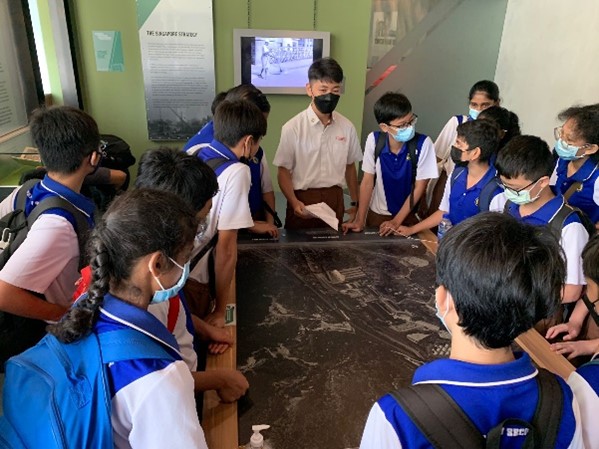
|
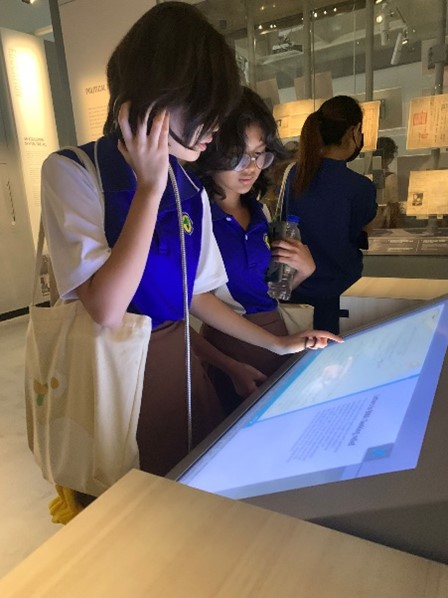
|
|---|---|
|
Lower secondary students listening attentively to the student guide on the significance of the Former Ford Factory. |
Students interacting with oral interviews available at the museum. |
Historical Investigation (HI) at Bukit View Secondary School transforms traditional historical inquiry into an engaging, experiential learning journey. Through a four-stage approach of asking questions, gathering data, analysing sources, and drawing conclusions, students investigate significant historical events through museums visits and digital archives. The programme encourages creative expression through innovative assessments like comic strips and collective diaries. Through collaborative project work, students develop essential communication and teamwork skills while building digital literacy through Google Workspace platforms. This comprehensive approach ensures both immediate educational impact and valuable long-term skills development.
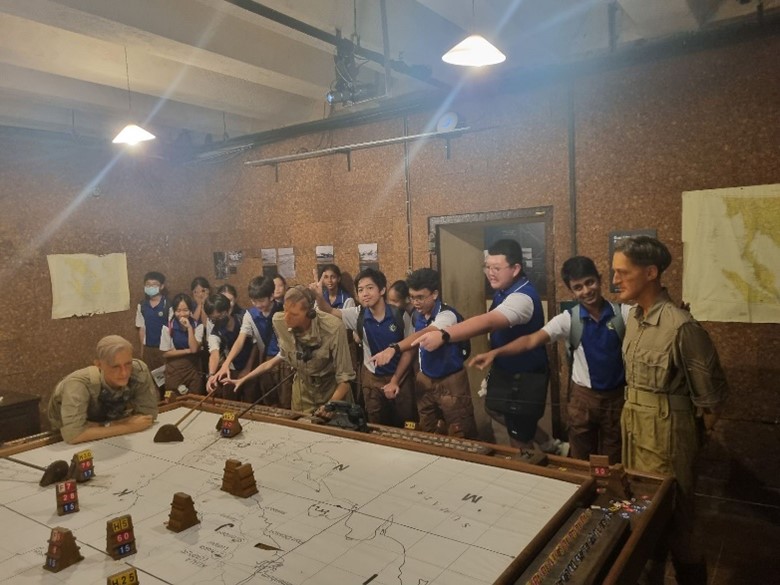
|
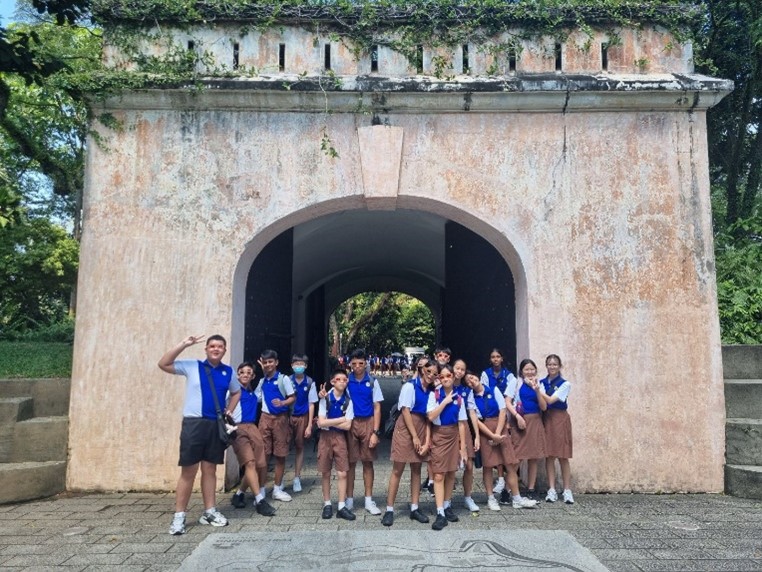
|
|
Students witnessing how British soldiers planned for war with the Japanese. |
Students learning the significance of the Fort Gate in the defence of Singapore during British colonial rule. |
Our students also participate in Learning journeys which serve as valuable educational experiences that bridge the gap between classroom learning and real-world applications. By visiting significant places and engaging with authentic environments, students develop a deeper understanding of how humanities subjects like geography, history, and social studies intersect with their everyday lives. Through such immersive encounters with significant places, students form meaningful connections with the subject matter, transforming knowledge learnt in class into tangible understanding and cultivating a genuine appreciation for how humanities shape our modern world.
Geography
Students in Secondary 1 and 2 take part in Geographical Investigation (GI), where they collect and analyse data related to their surroundings within and beyond Bukit Batok. These field-based inquiries are enhanced by digital tools to promote self-directed and experiential learning.
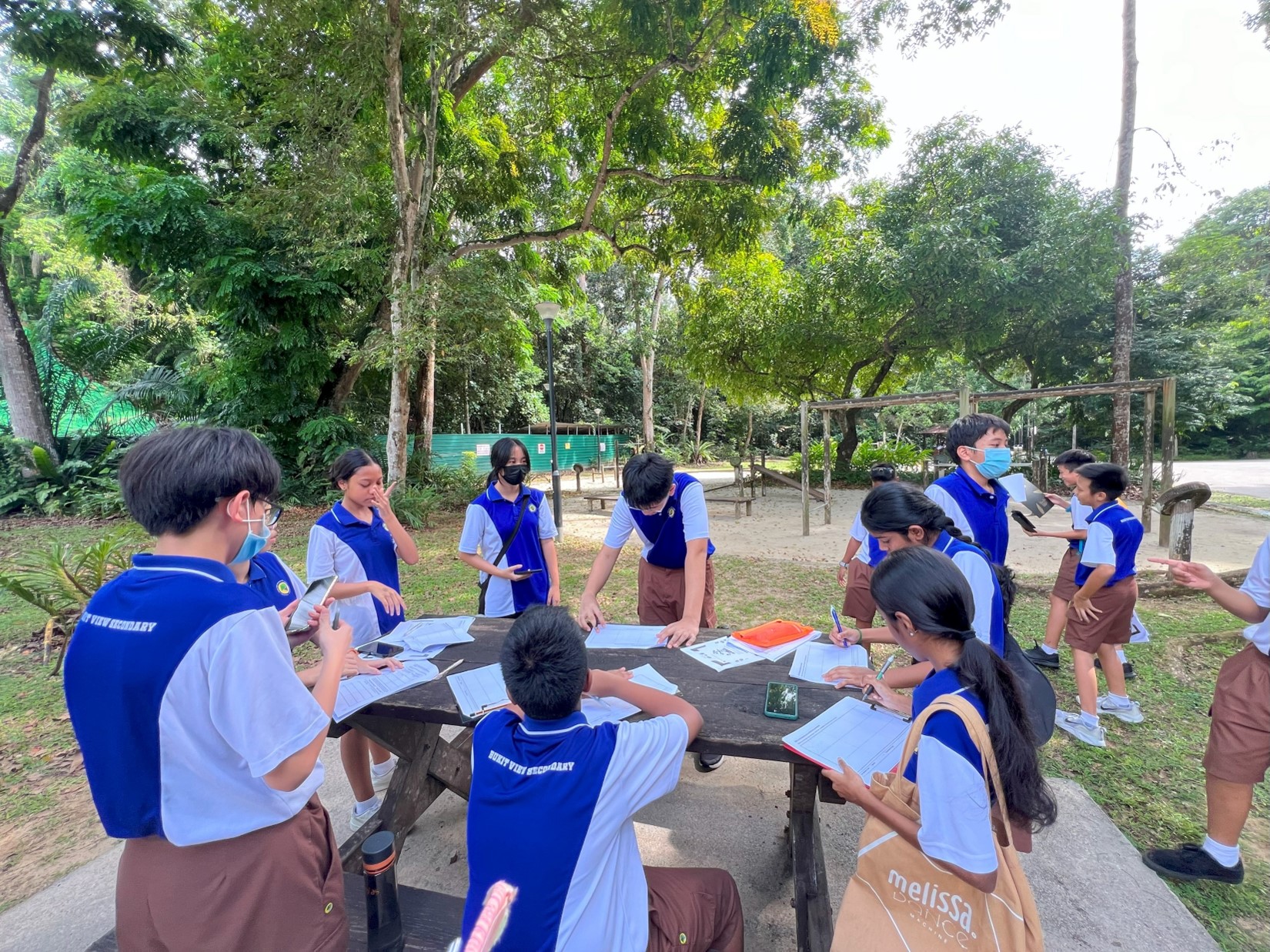
|
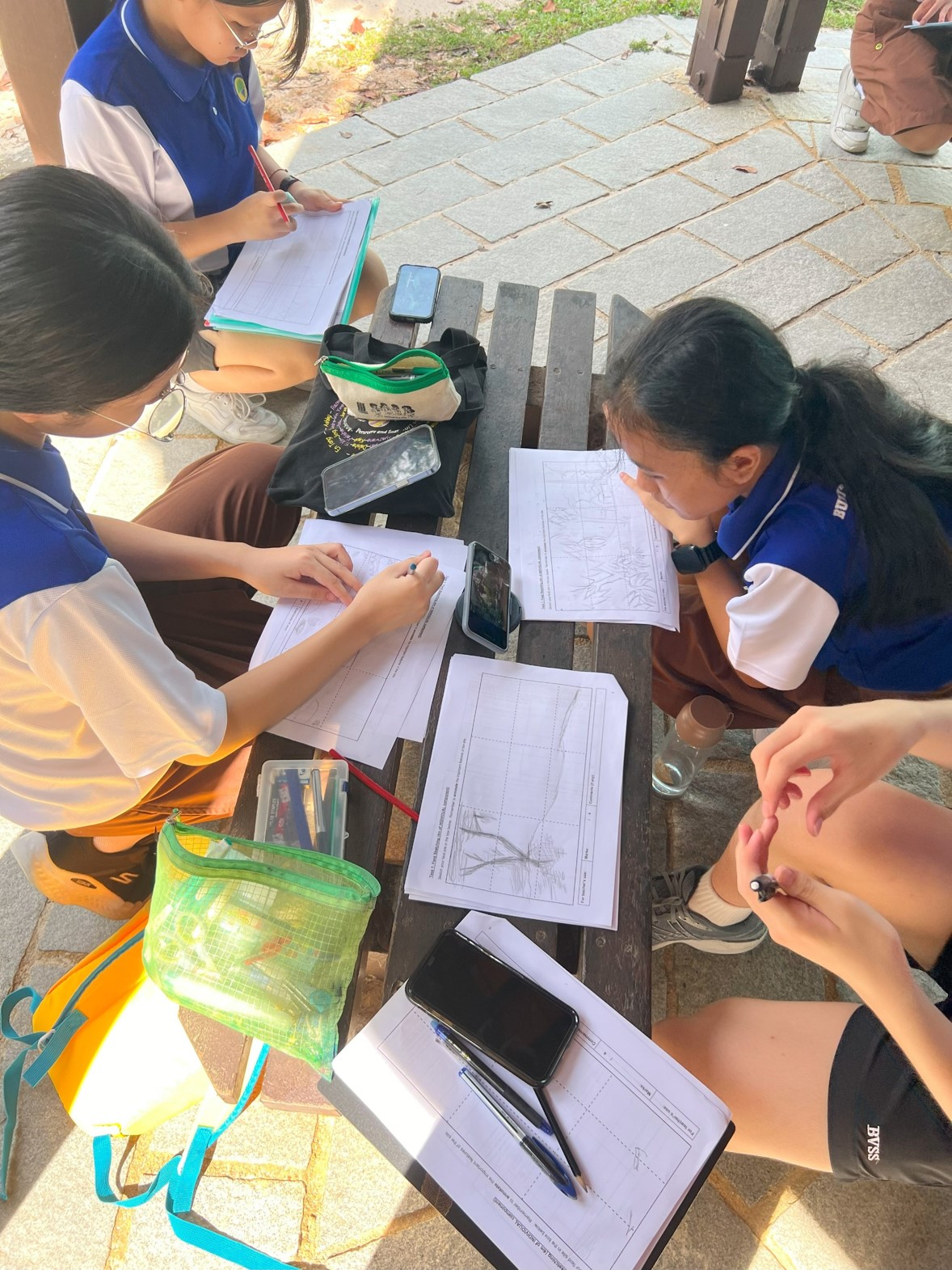
|
|---|
Our students also participate in national and inter-school platforms to further develop their geographical thinking. In 2024, they achieved a Bronze Award in the NUS Geography Challenge.
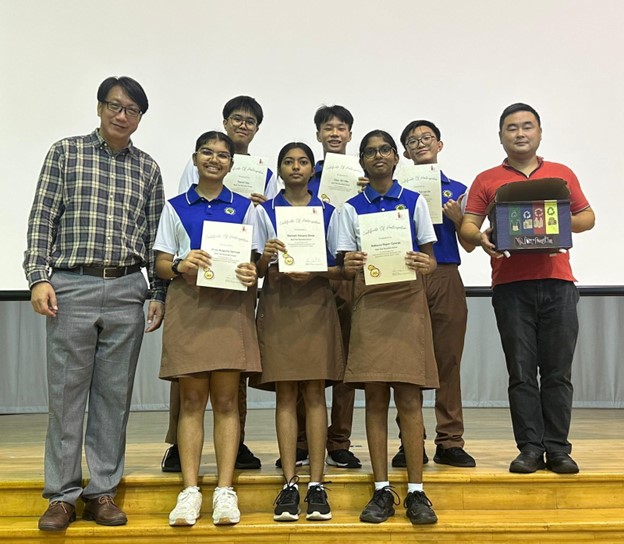
|
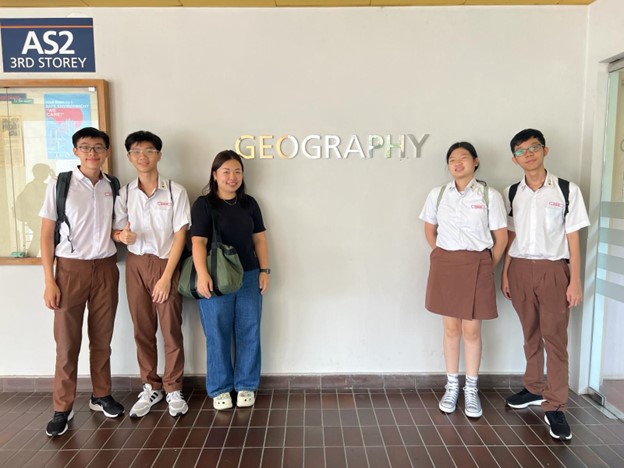
|
In the International Humanities Symposium at NJC, a team of students investigated how technology and artificial intelligence can improve domestic recycling in Singapore. Through interviews and surveys conducted in the Bukit Batok area, they analysed local recycling behaviours and reviewed international efforts. Their findings highlighted both the strengths and limitations of solutions like reverse vending machines. Based on their research, the team proposed improvements to enhance the functionality and accessibility of blue recycling bins to better serve community needs.

